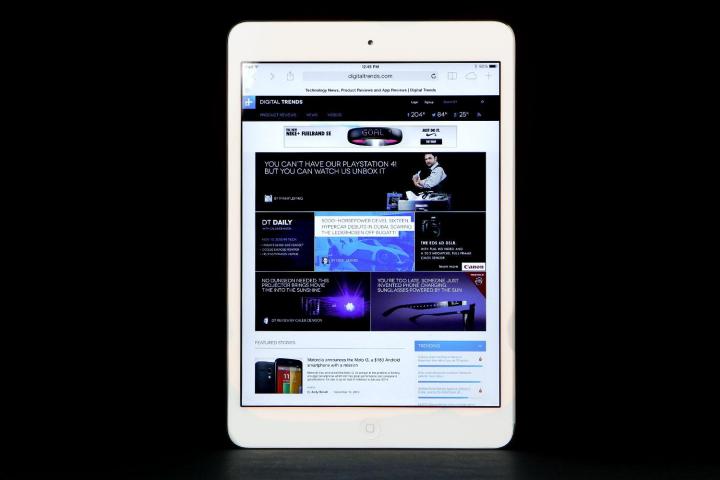
A group of Internet privacy activists alleged that Google circumvented security settings on the Apple Web browser to target users for advertising. The plaintiffs claimed that Google bypassed the privacy settings in Safari with cookies that kept track of their Internet activity without their knowledge.
“It’s high time Google apologized to British consumers and accepted that it must answer to the courts.”
Previously, Google said that the group had no right to sue in England, arguing that the case should be filed at its headquarters in California. The company claimed that “there is no issue to be tried,” since consumers did not suffer any harm. They also belittled the accusations, saying that the “alleged incursion into the private life by [Google’s] use of cookies does not reach a level of seriousness to engage Article 8 [of the Human Rights Act 1998].”
“Attempting to trivialize this serious abuse of consumers’ wishes is a disgrace. It’s high time Google apologized to British consumers and accepted that it must answer to the courts in a country where it continues to make profits. It clearly won’t do that, so it seems the only way to ensure Google is truly sorry is to force the company to pay damages to British consumers whose rights they have abused,” Marc Bradshaw, one of the claimants in the case, said in a statement.
Today’s decision effectively upholds a January High Court ruling that said that the case falls within the jurisdiction of the UK.
“On the face of it, these claims raise serious issues which merit a trial. They concern what is alleged to have been the secret and blanket tracking and collation of information, often of an extremely private nature, as specified in the confidential schedules, about and associated with the claimants’ Internet use, and the subsequent use of that information for about nine months. The case relates to the anxiety and distress this intrusion upon autonomy has caused,” the decision read.
Reacting to the ruling, Google told the BBC that it was “disappointed with the court’s decision.”
The ruling may encourage more British users to sue Google. “Effectively, the Court of Appeal will decide whether British consumers have any means to sue Google, now or in the future,” said Dan Tench, a partner at Olswang, the law firm representing the plaintiffs.
This is not the first time that Google has been sued for its privacy setting workarounds in Safari. In November of 2013, it settled with U.S. state attorneys for $17 million. It also paid a $22.5 million dollar fine to the Federal Trade Commission in August of 2012.


